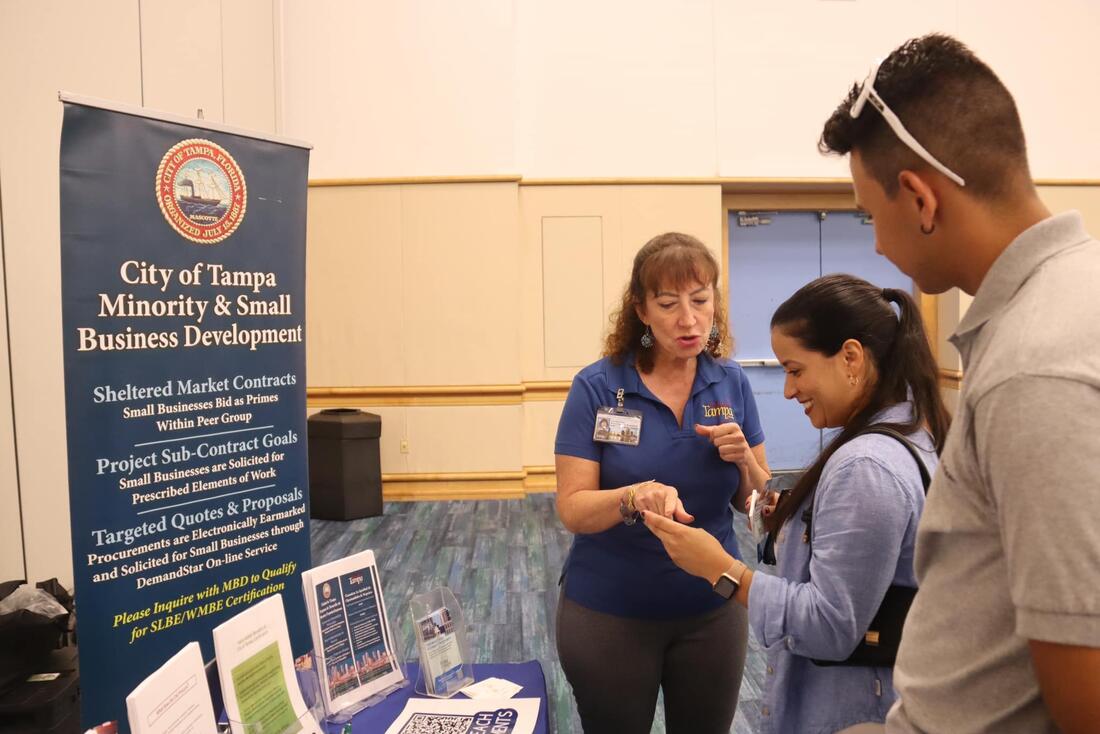Shopping
Daily Herald opinion: Real shopping dangers: Beware counterfeit products that could cast a dark cloud over your holiday gift giving
As holiday shopping season nears, bargain hunters should watch out for fake designer-brand items, like the phony Rolex shown here by federal customs officials in Chicago.
Courtesy of U.S. Customs and Border Protection
OK, so you’re keen to get some holiday shopping out of the way early and you’ve just found a Louis Vuitton purse online that Aunt Edna would love for a price you just can’t resist.
Hold on a minute. After you’ve clicked on “Add to Cart” and the item arrives at your doorstep, you may come to wish you’d shown more will power.
As Charles Keeshan and Susan Sarkauskas reported on Friday in their Cops & Crime column, the U.S. Customs and Border Protection is acting to raise awareness of the proliferation of counterfeit and look-alike products as the holidays approach.
It is no minor concern. For one thing, the CBP says the impact of counterfeit goods can be measured in real losses, to wit, billions of dollars and three-quarters of a million U.S. jobs. And, a 2023 Michigan State University study found that nearly seven in 10 consumers bought a fraudulent product in the past year.
So, if you’re not careful, your chances of being duped are very good. And if you’re among the more than half of consumers in the MSU study who bought counterfeit goods knowingly, thinking, “Well, how bad can it be if that watch I’m giving Uncle Ed looks just like the Rolex it purports to be?” know that the answer is, potentially, very bad indeed. Depending on the country of origin, the manufacturer could be using slave labor or be part of a criminal enterprise. If that’s not enough to deter you, the knockoff’s quality likely will not be up to the standards of the authentic item, and its safety can be questionable.
A watch, an item of clothing, food products or anything you can consume or hold close to your body can contain harmful, even poisonous ingredients. Steven Bansbach, CBP’s public affairs specialist in Chicago, cited perfume as a particular example.
“Do you want to buy that for a loved one or yourself without knowing what’s in there and put it on your skin? It may smell like the perfume you thought you were buying, but it may contain pesticides or something else harmful,” he said.
Bansbach said Customs officials at O’Hare seized an average of about $22,000 day in fake items last year. That, of course, doesn’t take into account the hundreds of thousands, perhaps millions, of dollars worth of counterfeit goods that may be delivered directly to homes or purchased at unregulated events and auctions.
Kari Kammel, director at the Center for Anti-Counterfeiting and Product Protection at MSU told National Public Radio in a report last month that medications, skin creams, vitamins and items claiming to keep you safe often are actually harmful. The MSU study found that clothes and shoes are the most common fake items sold and even they can contain harmful chemicals and shoddy materials.
So, if that Louis Vuitton purse starts falling apart after a few weeks or that Rolex gives Uncle Ed a painful rash or those cheap vitamins you just took make you sick, you may not be so happy about the “deal” you found. How can you make sure you’re not a victim?
That little matter of a too-good-to-be-true price can be a first tipoff. But there’s more. NPR’s report includes these recommendations from the MSU study:
• Avoid online pharmacies that offer drugs at deeply discounted prices.
• Be suspicious of online sellers whose name you are not familiar with, and, in general, buy products only from reputable brands.
• Read the reviews. If they’re overwhelmingly negative, that’s a big warning sign, but multiple glowing reviews entered in a similar time frame can also be suspicious.
• Study the packaging when the product arrives. Shoddy packaging or anything “that doesn’t look right” should make you think twice.
Of course, the holidays should be a time of joy and generosity. Unfortunately, there are plenty of bad actors out there only too willing to make them the opposite. Use caution as you buy this season. Aunt Edna and Uncle Ed will be all the happier that you did.








